Top 10 Largest Telecom Companies in Africa 2025
By ICON TEAM | Published on Jul 28, 2025
List Of Top 10 Largest Telecom Companies in Africa 2025:
Due to the continent's youthful, tech-savvy populace, growing smartphone adoption, and growing demand for digital services, Africa's telecoms industry is a key component of its digital transformation. Key firms are investing in 5G technology, growing their networks, and branching out into mobile financial services and other digital ecosystems as the sector continues to grow quickly by the middle of 2025. The article that follows uses recent industry insights to rank the top 10 biggest telecom businesses in Africa by a combination of market capitalization, revenue, subscriber base, and geographic presence. In addition to bringing millions of people together, these businesses are influencing the social and economic climate of Africa.
1. MTN Group:
As of mid-2025, the South African-based MTN Group, which serves more than 295 million customers in 19 regions, is still Africa's biggest mobile network provider. With a projected revenue of $11.2 billion in 2023, MTN maintains its leadership position thanks to its substantial investments in digital services and 5G infrastructure. Its "Ambition 2025" plan, which includes projects in e-learning, health technology, and mobile finance (MoMo), focuses on becoming a platform player in Africa's digital economy. Its most lucrative affiliate, MTN Nigeria, has approximately 90.5 million connections and contributes significantly to its earnings. The organization's emphasis on expanding its rural network and using renewable energy sources to reduce power interruptions strengthens its position as a leader.
2. Vodacom Group:
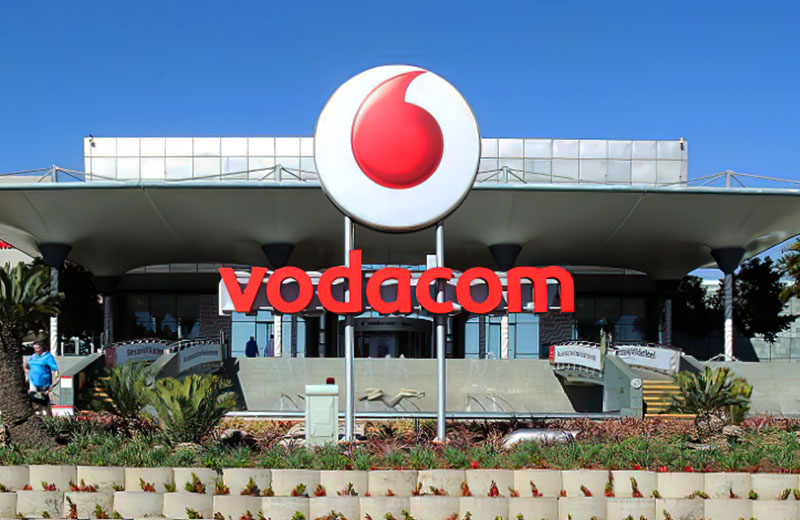
Another massive South African company, Vodacom Group, has almost 200 million customers in eight African nations, including South Africa, Tanzania, the Democratic Republic of the Congo, and Mozambique. It is a fierce rival of MTN. Vodacom is the largest provider in South Africa, with 50.7 million members as of December 2024, and generates $6.71 billion in revenue. Its success is a result of both the extension of its 5G network and the growth of its mobile money platform, M-Pesa, especially in Tanzania and Kenya. Due to its strategic emphasis on financial services and reasonable prices, Vodacom has emerged as a major force in promoting digital inclusion throughout the continent.
3. Airtel Africa:
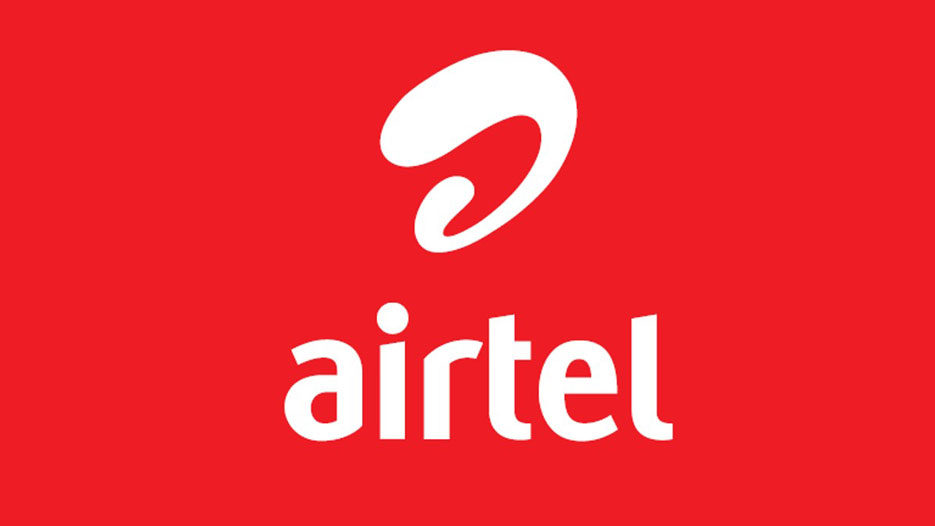
A division of Bharti Airtel of India, Airtel Africa serves 163.1 million subscribers across 14 African nations, mostly in East, Central, and West Africa. With $4.98 billion in revenue, it is the continent's second-largest operator. Investing in 4G and 5G networks and streamlining the consumer experience have propelled Airtel's expansion, especially in Nigeria and Ghana, where it commands sizeable market shares. With the use of collaborations to improve digital connection and its mobile money services, the company expects to achieve 376 million unique customers by 2027. Airtel's emphasis on user-friendly client experiences makes it a formidable competitor in the African telecom market.
4. Orange S.A.:
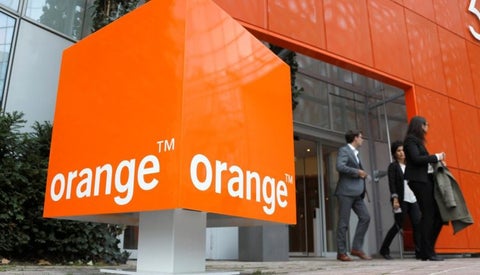
With 149 million customers and $7.2 billion in revenue, Orange S.A. is a French multinational that operates in 18 African nations. Orange Egypt (previously Mobinil), a major company with over 30 million consumers and a strong presence in Francophone West and Central Africa, provides business, internet, and mobile services. Orange Money has more than 70 million users throughout the continent, and its approach is centered on digital inclusion. It demonstrates its commitment to Africa's digital future by funding 5G trials and digital skill-building initiatives in nations like Senegal and Côte d'Ivoire.
5. Safaricom:
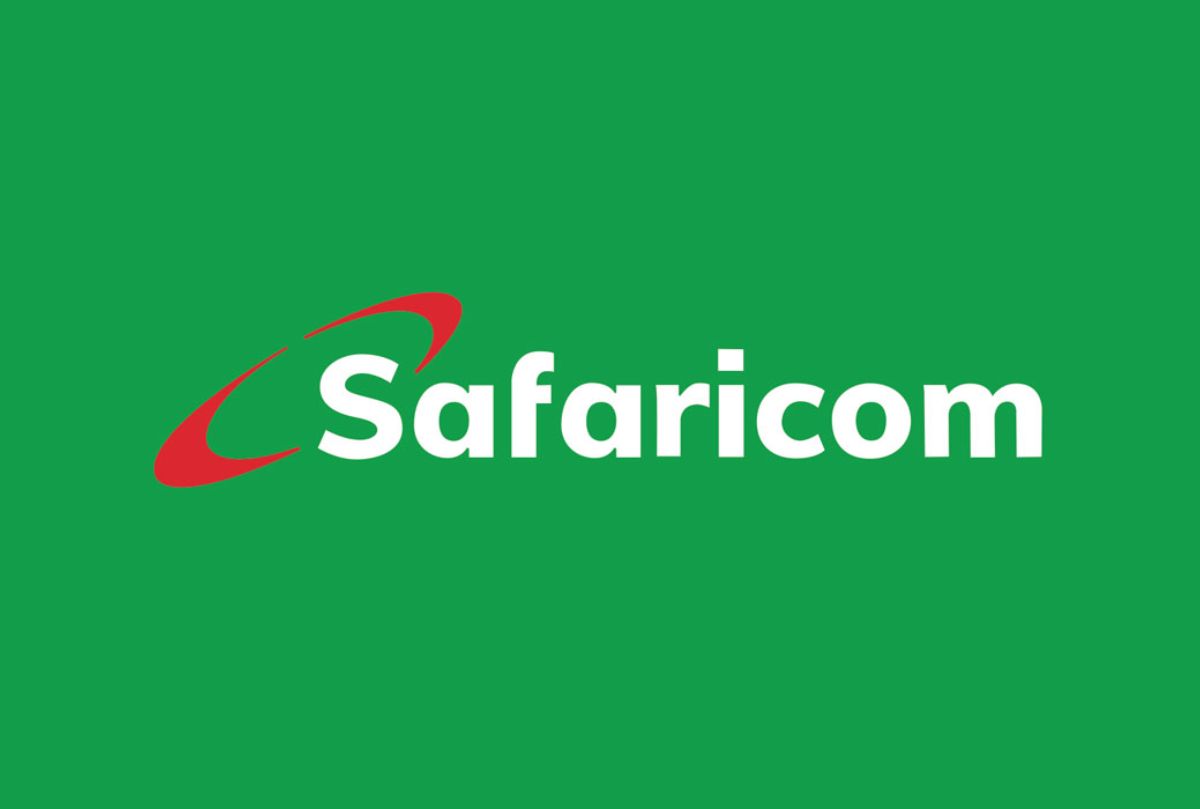
As of Q1 2025, Safaricom, Kenya's biggest telecom operator with over 42 million users, is well-known for its innovative mobile money service, M-Pesa, which has a 90.8% market share in the country's mobile payments industry. With an estimated $1.893 billion in revenue, Safaricom continues to rank among the most lucrative businesses in East and Central Africa. Its move into Ethiopia, supported by more than $1 billion in network improvements, is a major step toward its regional goals. Safaricom is further solidifying its position as a telecom disruptor by integrating IoT services, telemedicine platforms such as M-Tiba, and AI-based fraud detection.
6. Telkom SA:
With operations in more than 38 African nations and 23.2 million mobile subscribers as of March 2025, Telkom SA is the biggest integrated communications provider in South Africa. Telkom has changed its strategy to concentrate on its fiber and mobile businesses. As part of this change, it sold its Swiftnet towers and masts to simplify operations. One of its most important assets is its Openserve fiber network, which helps meet the rising demand for fast internet. Due to cost-cutting initiatives and rising data usage, Telkom's recent financial performance has shown growth in revenue and EBITDA, establishing it as a major player in spite of obstacles from state-owned inefficiency.
7. Maroc Telecom:
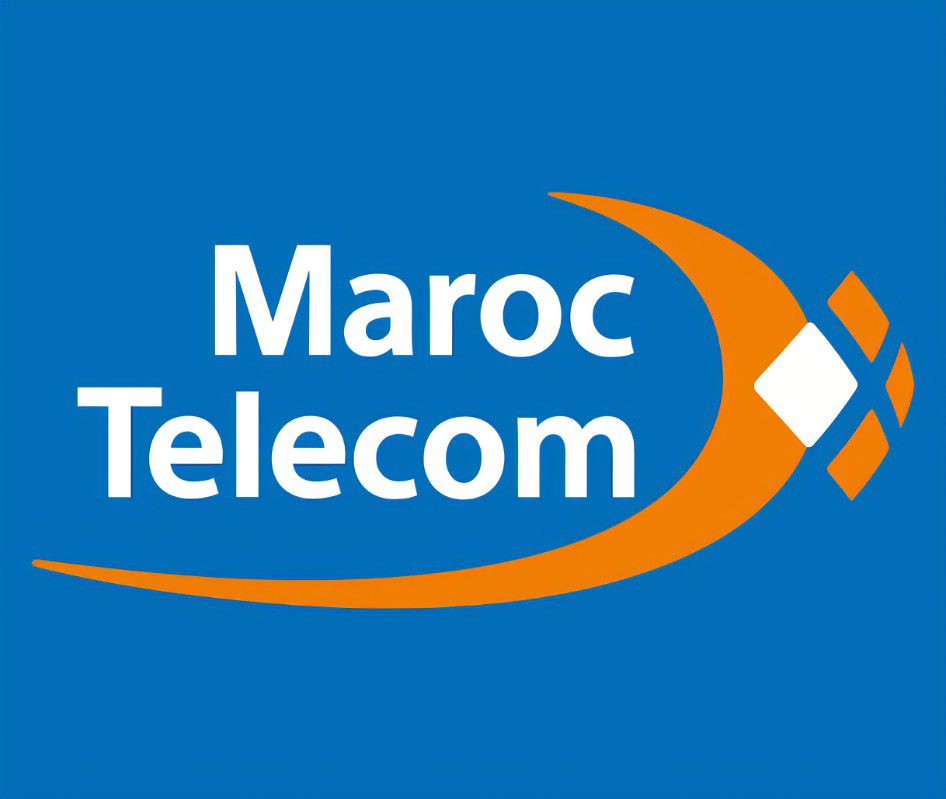
With 56 million customers in ten countries, including Burkina Faso, Gabon, and Mali, Maroc Telecom, often known as IAM, is the top telecom provider in Morocco. Due to its robust local market and regional subsidiaries, it generates about $3 billion in revenue annually. Maroc Telecom is making significant investments in subsea cable projects and fiber optic infrastructure to improve internet coverage throughout West Africa. As a key participant in North Africa's telecom market, its collaboration with Inwi to expedite fiber development demonstrates its dedication to satisfying the continent's expanding data needs.
8. Telecom Egypt:
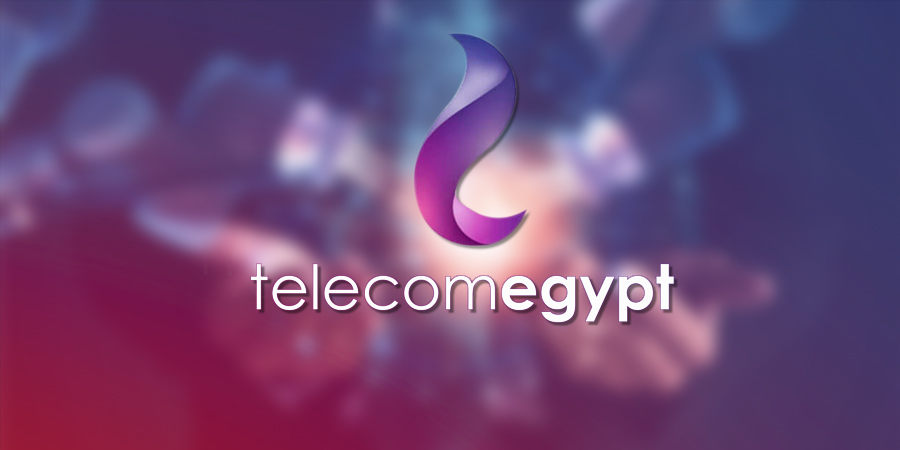
Crucial to Egypt's digital ecosystem, Telecom Egypt is the nation's biggest supplier of telecoms infrastructure. The corporation, which has seen a 42% gain in revenue in early 2025, provides phone, broadband, and mobile services to more than 12 million members. Further solidifying its dominance in the market is its 44% ownership of Vodafone Egypt. With its investments in high-speed internet infrastructure and subterranean coverage stations, Telecom Egypt has been a key player in Egypt's digital transition, especially in cities like Cairo.
9. Globacom:
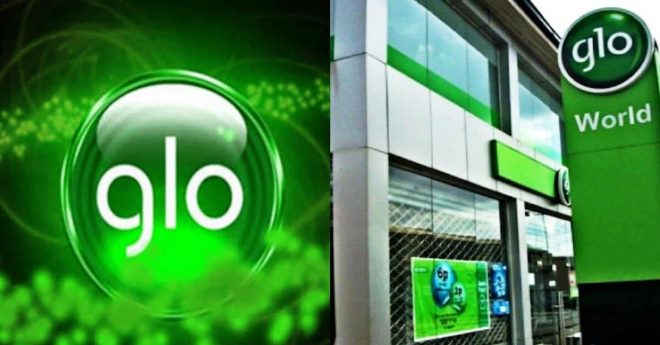
Globacom, also referred to as Glo, is the second-biggest cellular provider in Nigeria. It has a sizable customer base and a reputation for being innovative. Glo created history by offering 4G services, providing per-second billing, and constructing the Glo-1 underwater fiber-optic cable from the UK to Nigeria. Glo, together with MTN Nigeria, Airtel Nigeria, and 9Mobile, is one of Nigeria's "Big Four," however precise subscriber figures for 2025 are not yet available. Its emphasis on network growth and reasonably priced data rates makes it a formidable rival in Nigeria's vibrant telecom industry.
10. Ooredoo:

A division of the Ooredoo Group, Ooredoo Algeria has experienced substantial expansion since changing its name from Nedjma in 2013. It provides business, internet, and mobile services to millions of users while emphasizing three key values: challenging, connecting, and caring. Ooredoo's position in Algeria's cutthroat telecom industry has been reinforced by its investments in 4G and 5G networks. It is a significant participant in the telecoms industry in North Africa thanks to its creative service offerings and strategic alliances.
Comments 0